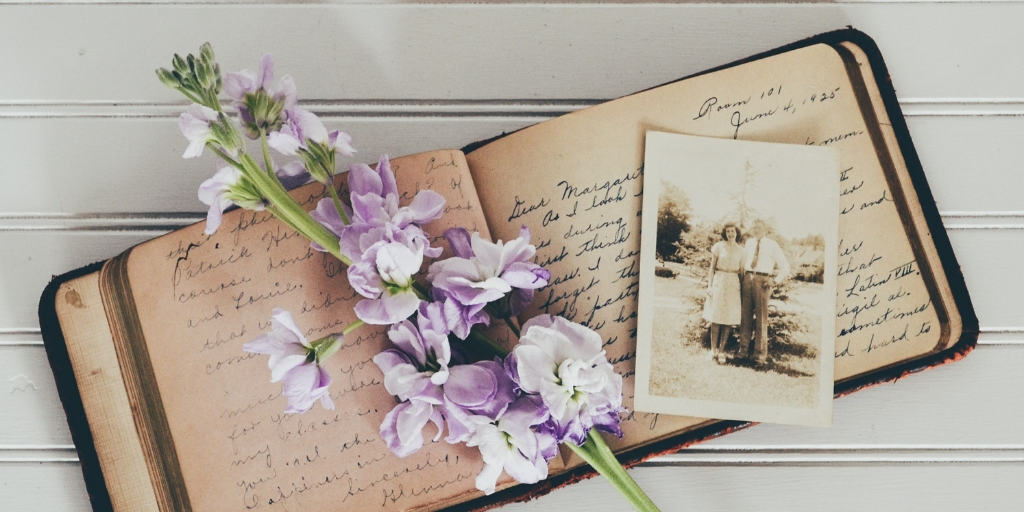Some smells trigger memories from a particular time in your life. For instance, does the aroma of freshly baked brownies always bring back memories of your best friend’s mom’s cooking? Or when you walk by the local pool and smell the chlorinated water, do childhood summer memories flash through your mind?
How can we remember vivid memories when we smell something we consider nostalgic? This phenomenon is called the “Proust Effect” — after the novelist Marcel Proust wrote about childhood memories triggered by the aroma of freshly baked madeleine cakes — this process was once thought of as purely involuntary.
But this memory process doesn’t have to be involuntary. We can hack the process of memory formation to our advantage. By proactively using scent daily in our lives, we can intensify experiences and fortify memory formation, helping to make life a richer and more enjoyable experience.
Memorable moments make us who we are. Our mind’s interpretation of events shapes our world experience, and present-day stimuli act as doorways to our past. They connect us to all we cherish and the people we hold dear. Unfortunately, time and age can rob us of our ability to recall those memories.
The Science of Memory Cues
Whenever we experience something, our brain (specifically, the hippocampus) encodes sensory details (such as sounds) as part of memory formation. These sensory details are wired into our brains as memory cues. When you re-encounter a cue, it triggers the associated memory — along with the thoughts, feelings, and emotions you initially experienced.
We can use our understanding of this process to purposefully manage memory formation to benefit ourselves in the future and easily recall our memorable memories when we want to look back.
How Scent is Different from Other Sensory Cues
We all know what it’s like to hear a song that triggers feelings and memories. However, scent is unique in its ability to trigger particularly vivid memories. Why?
For most of our senses, information processing starts at the sensing organ (such as our eyes), then moves to the brain’s ‘relay station,’ the thalamus, which in turn sends each signal to the relevant sense-processing area (for example, the visual cortex in the case of sight).
Scent signals bypass the relay station and go directly to the olfactory bulb's processor site. This means that, unlike our other senses, there is no intermediate activity between sensing and processing. Scent-based experiences are enhanced and more enriched.
The Special Connection Between Scent and Memories
Scent’s ability to trigger vivid and emotional memories is partly due to the close connection between the scent processing center (the olfactory bulb) and the parts of the brain responsible for emotion and memory — the amygdala and hippocampus, respectively.
According to Afif J. Aqrabawi and Jun Chul Kim, “The olfactory cortex in particular shares exclusive anatomical connections with the hippocampus due to their common evolutionary history.”
There may be more to aromatherapy than many of us think! Evolution has made the scent a high priority. Only 3% of our genes are involved in forming the 1,000 olfactory receptors we possess. In 2004, Doctors Buck and Axel won a Nobel Prize for explaining how these receptors enable us to recognize 10,000 different scents.
Richer Memory Formation
You can use scent to build more memorable memories. The next time you do something you enjoy, think about using scent to ingrain the memory deep in your mind.
Say you’re going on a vacation. Pick a scent — an essential oil, an herb, or a perfume — and designate it as the ‘special scent’ for your adventure. Regularly avail yourself of the scent throughout your travels. Later, sometime after returning home, break out your ‘special scent’ and see what happens. Memories — and the thoughts, feelings, and emotions that went with them — will wash over you, taking you back and helping you to relive the experience. Try this technique with special events, people, and anything else you want to remember.
Want to eternalize your memorable memories? Preserve them forever at My Stories Matter for free.





